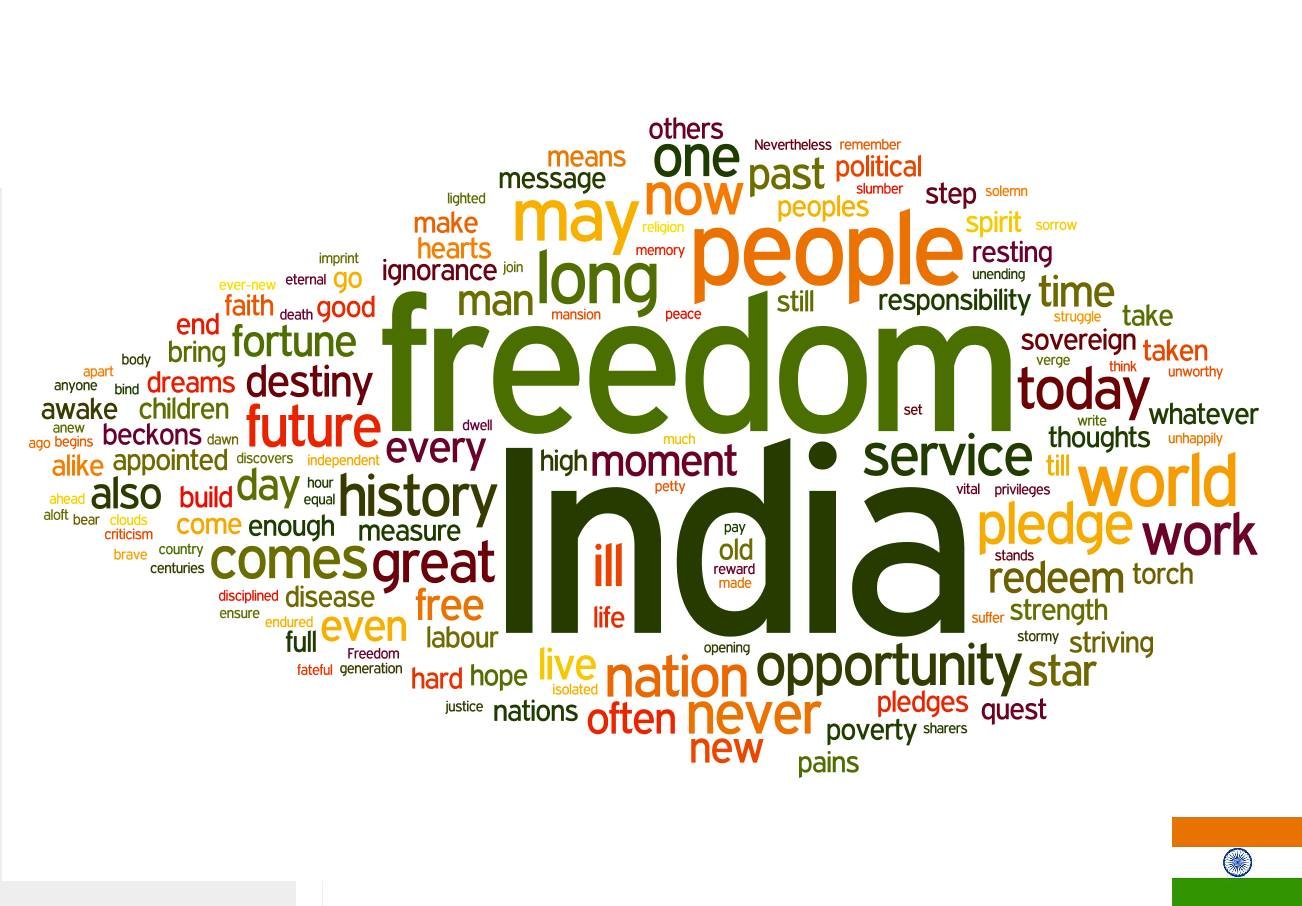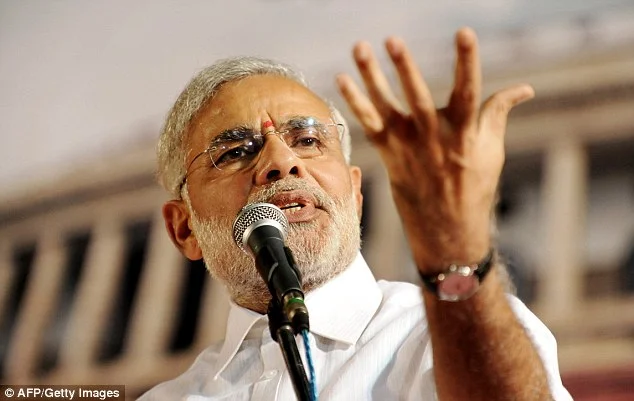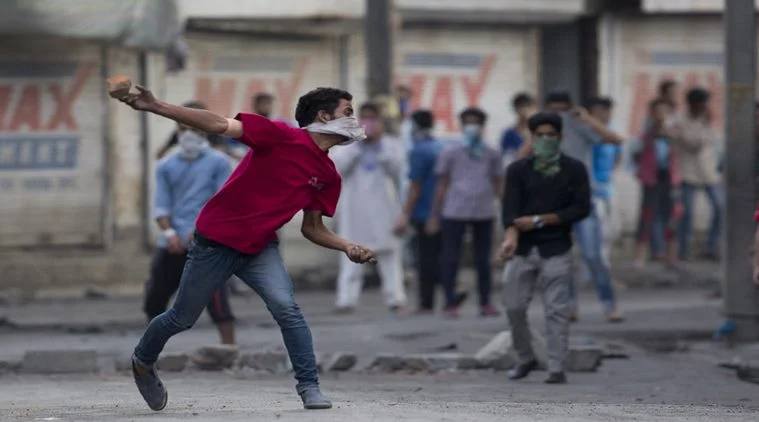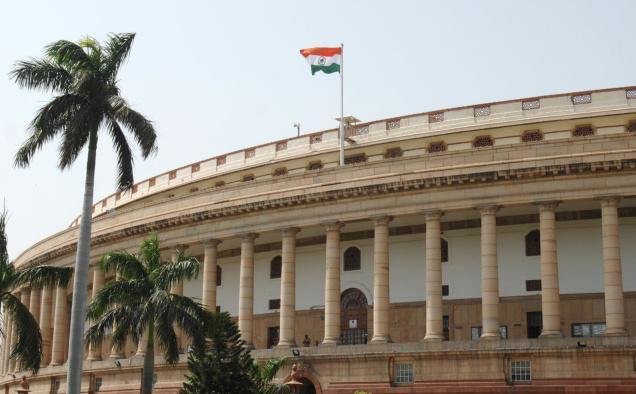As the midnight hour approached, N prepared himself for his country’s tryst with destiny by fixing a fresh rose on to the button hole of his cotton vest. In a few hours, the long and hard struggle to rid India of foreign rule would bear fruit. N had grand dreams for his beloved India, of setting her firmly on the path of development and industrialization, of rapidly raising the living standards of her people, of ushering in a long spell of home rule in tune with the aspirations of the masses that would let people take control of their own destinies.
The Vicereine was one of the first to arrive and take her designated seat. “How will history record my legacy?” she wondered. She planned to stay on in India for a few more months, tying up loose ends, before returning for good to the mother country. India had grown on her, and she would be leaving a part of herself behind in the country that had given her so much and taken so little in return.
The Constituent Assembly began to fill up with invitees representing the cross-section of the polity: Congress leaders, communists, regional satraps. Some appeared somber, pondering their political future as a new era was about to dawn on this ancient land, while others were more animated, excited by the possibilities on offer.
But only sadness was written large on the faces of the natives princes and nawabs , dynasts who had acquiesced to a long spell of alien rule and sworn unwavering loyalty to the crown in return for recognition of their jagirs. Political oblivion now stared at the faces of these unabashed apologists of alien rule.
Outside the Assembly Hall, thousands gathered, unmindful of the steady monsoon drizzle on that sweltering August night, keen to witness the historic moment. Loud chants of ‘Vande Mathram’ rang through the air.

As N walked to the podium to make his historic speech, he strongly felt the absence of his mentor. Gandhi had chosen to stay away on this momentous day. For him, it would be a day of mourning, not celebration.
* * *
Thousands of miles away in Kolkata, Bapuji huddled with his close aides to pray for peace and harmony. As India inched towards freedom, the father of the independence movement was plunged in despair and gloom. Freedom would come but at the cost of communal polarization. The final years leading up to freedom had been marked by great turmoil, the delicate social fabric rendered asunder by the hate filled vitriolic of demagogues.
N had been accused by the League of being a leader of the Hindus alone and not of the minorities. The cancer of communalism had taken firm root in the body-politic and was now metastasizing rapidly. Amputation seemed to be the only option.
Bapuji ironically had sown these seeds of polarization by imbuing his politics with religiosity, anathema to secularists and so called ambassadors of Hindu-Muslim unity. Now in the autumn of his career, Bapuji had emerged as the champion of secularism, emphasizing unity among the ranks so that the primary objective of ejecting the foreigners wouldn’t be compromised, but in vain. His praise of Jinnah had not gone down well within his own party and had only hastened the decline of his influence.
And when he had opposed N’s candidature to prevent further political fragmentation, the parting of ways with his chosen heir was complete. Bapuji wanted no part in the ensuing festivities under such circumstances, as he endeavored with every ounce of life in his aging body to fight the scourge of polarization that threatened to vivisect his beloved motherland.
* * *
N began his speech as the hand moved towards the midnight hour on the large clock hung over the podium. The assembled dignitaries held their breath in awe. “Long years ago we made a tryst with destiny,” he began on a feeble note, “and now the time comes…” He paused, realizing that he was unwittingly speaking the wrong lines from a bygone era. Was the occasion overwhelming him? A wave of murmurs emanated from the audience.
Then, quickly re-gathering his thoughts, Narendra Modi exclaimed, “Bhaiyon or Behenon, our dream of Congress Mukht Bharat has been realized,” coinciding with the clock striking 12. A thunderous applause filled the hall.

“YUSSS WE HAVE,” he shouted. “YUSSS WE HAVE,” the crowd roared back. The Congress had finally been overthrown.
Sonia Gandhi, the vicereine presiding over the transfer of power from the Congress to BJP, looked on impassively, a lump forming in her throat. Rahul Gandhi had already left for Spain for a well earned vacation. He was not expected back for a long time, perhaps never. In Kolkata, L K Advani, or Bapuji as he is referred to by his closest aides, winced as he heard the words on his TV set.








Leave A Comment